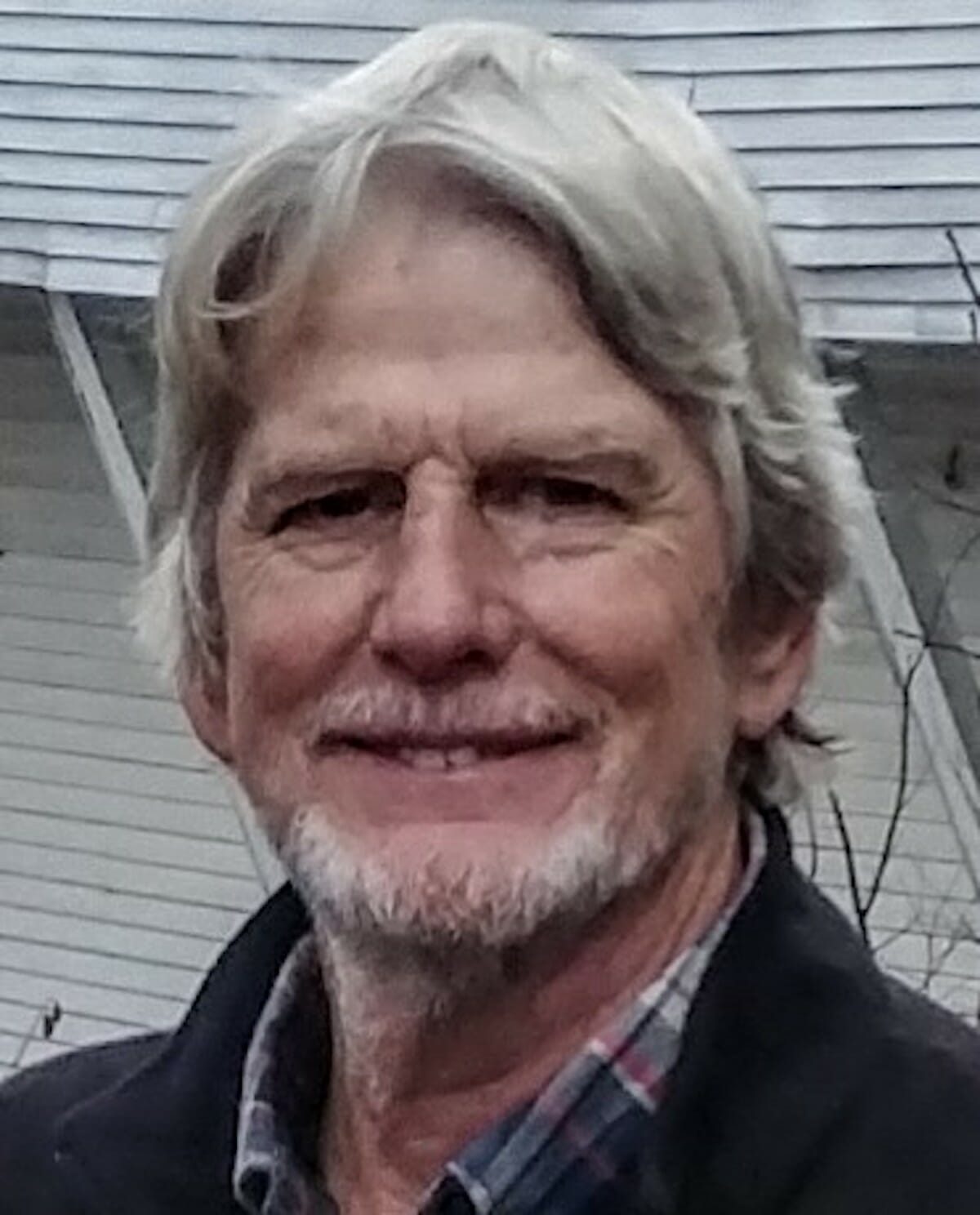The success of the recent Netflix movie “The Harder They Fall” leaves me with mixed feelings.
The movie, which features an all-Black cast as its leads, conjures an unreal story populated by real people. It’s not my favorite Western, but I admire its craftsmanship and commitment to representing the fact that one in four cowboys in the Old West were Black and that Black people made up a significant number of settlers.
It puts the names Rufus Buck, Bill Pickett, Nat Love and Cathey Williams into the zeitgeist. Hopefully, viewers young and old will seek out these characters to find the true stories behind the names.
Another part of my mixed feelings is the concern that it will further glorify gun play as a solution. As an older man, the last thing I want to see is younger men and women encouraged to emulate gunslingers when it comes to resolving conflicts.
Too many people already choose violence as their best — and first — option.
How else can you explain the boar-hunt tactics used by the killers of Ahmaud Arbery? Yes, they were concerned that a series of burglaries had occurred in their community and were on heightened alert over this Black man they thought they’d seen on multiple occasions at a home construction site.
But to grab their guns and jump in trucks to hunt him down? They called it a citizen’s arrest, but why bring guns? Why not just rely on the power of numbers? There were at least three of them, compared to one of Arbery. They knew firepower was their leverage. It gave them power to detain him. To threaten him. And when they manufactured an opportunity, to kill him.
It pains me to think none of this would be on the national radar if one of the members of the hunting party hadn’t decided to record the encounter on his cellphone. Why do that? To protect them in case something went wrong (which it did)? Or just to have something to show off?
It’s not strange for people to hold on to keepsakes from violence. In the 2019 short film, “The Changing Same,” the subject is raised of white families saving body parts from lynchings as family heirlooms. Arbery stood no chance at justice if someone hadn’t wanted to make an heirloom of a recording of his death.
How else can you explain Kyle Rittenhouse, the boy whose mother carried him across state lines to protect property against Black Lives Matters protesters? He’s a man now, legally, but he was just a boy then, gorging on a steady diet of anti-BLM, anti-Antifa propaganda from social media and right-wing news outlets.
This boy, who grabbed a gun he had no right to be carrying and was dropped off near the scene of protests. This boy, with a rifle on his shoulders who was able to approach law enforcement without incident. This boy, who palled around with law enforcement on the scene to the extent that when they heard shots fired they ran past him as he tried to surrender himself to them.
This young man, who earned infamy when he “put on,” as folks used to say, blinking and hyperventilating to make himself cry as he described in court the dangers he perceived when rioters threatened him — as he approached them with a rifle in his hands.
How else to explain the rifle-toting hordes who descend on statehouses around the country every time something happens to stir their wrath? Picket signs and flags aren’t enough? They justify such militaristic displays by touting their rights and saying they brought the guns “just in case.”
No, my favorite Western is “Unforgiven.” In it, Clint Eastwood portrays a farmer who is pulled into his former life as a killer by the lure of reward money for the deaths of two cowboys who attack a prostitute. Eastwood’s William Munny is no hero, but he’s good at killing people and the cause seems justified.
I think some of these folks I’ve mentioned see themselves as Eastwood types, when really they are more like Gene Hackman’s character, Sheriff “Little Bill” Daggett. He sees himself as a good man. A strong man. But he isn’t.
He’s just a bully with a gun, looking for the chance to kill someone.
Terry E. Manning lives and works in Savannah, Ga. He is a Clemson graduate and worked for 20 years as a journalist. He can be reached at teemanning@gmail.com.







